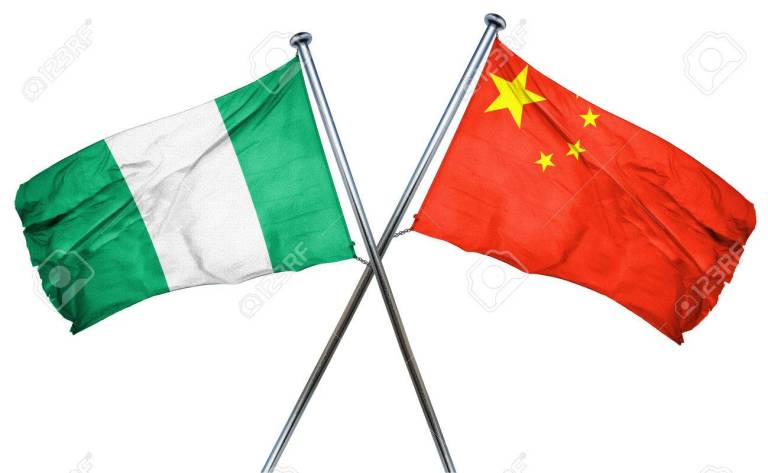The People’s Republic of China on Friday extolled the Chinese-Nigerian culture and civilisation to have contributed to the world’s sustainable development.
The Chinese Ambassador designate to Nigeria, Cui Jianchun, said this in his address at the Sustainable Gastronomy Day (SGD) celebration held in Abuja.
Jianchun, represented by Mr Li Xuda, Cultural Counsellor of the Chinese Embassy in Nigeria, defined gastronomy to mean the practice or art of choosing, cooking and eating good food.
The event was organised by the National Institute for Hospitality and Tourism (NIHOTOUR) in collaboration with Chinese Embassy in Nigeria, Federal Capital Territory Administration (FCTA).
Li said: “As some of us are aware, in 2016 the UN General Assembly designated 18th of June as international observance for SGD.
“It is really a great decision which acknowledges gastronomy as a cultural expression related to the natural and cultural diversity of the world.
“It reminds us that all cultures and civilisation, including China and Nigeria cultures and civilisation, are contributors of the world’s sustainable development.
“China and Nigeria have similarities in lots of fields, including gastronomy, Nigerians are always proud of their food culture and the cuisine in Nigeria dates back to 9000 years African tradition.
“I believe that our food culture will be better developed and our peoples’ living standard will further improve and our two countries sustainable development will be greatly promoted.”
Dr Ifeoma Anyanwutaku, the Permanent Secretary, Federal Ministry of Information and Culture, commended the SGD initiative to connect people, planet and profit.
According to her, in the global tourism industry, gastronomy has become major tourist pull-factor and largely defines some inherent attractions in a tourist destination.
Anyanwutaku said: “For us in Nigeria, culture is our competitive tourism-advantage, most of which are identified by Nigerian cuisines and their methods of preparations.
“Sustainable gastronomy is therefore a call to action for us to improve our food and cuisines production processes without compromising the ability of future generations to access quality foods.
“With over 300 ethnic groups and their corresponding unique cuisines, Nigeria has enormous potential of becoming the Mecca of Food tourism in Africa.
“To this end, the Federal Government recognises the pivotal roles that sustainable gastronomy can play in Nigeria tourism development, in line with its efforts to reduce mass poverty and youth restlessness.”
On his part, Sen. Rochas Okorocha, lawmaker representing Imo-West Senatorial district, underscored food, clothing, shelter and education to be four basic necessities of life, which showcases culture of people.
He mentioned that cerebration of SGD has become key to sensitise people more on the importance about intake of balanced diet to promote nation building.
“In Nigeria we do not eat right, 90 per cent of our nation’s population does not eat right.
“We must use this day to educate our children on what food means and what quality food means; in Nigeria we take carbohydrate, garri in the morning then we change it to pounded yam.
“This is why sugar disease is on the increase, you are what you eat; and two things are key, if you eat right and stay in good environment you cannot be sick,” Okorocha said.
The high point of the event was exhibition of Nigerian and Chinese cuisines as well as display of traditional dances.

